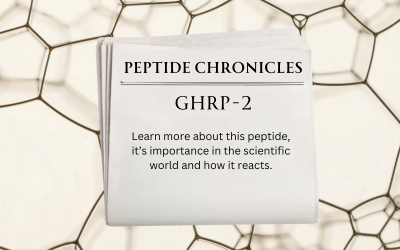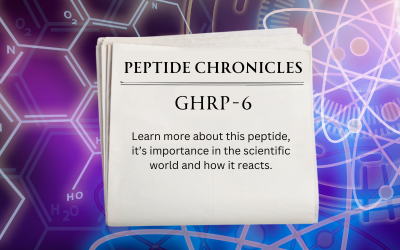BPC-157: Actions and Benefits
BPC-157 (Body Protection Compound-157) is a synthetic peptide derived from a naturally occurring protein found in gastric juice. It is known for its healing, regenerative, and protective effects on the body, particularly in tissues such as muscles, tendons, ligaments, and the digestive system.
Actions of BPC-157
1. Promotes Tissue Healing & Regeneration
- Stimulates the formation of new blood vessels (angiogenesis), increasing blood flow to injured areas.
- Enhances the repair of muscles, tendons, ligaments, and bones.
- Accelerates wound healing and post-surgical recovery.
2. Reduces Inflammation & Pain
- Decreases pro-inflammatory cytokines, reducing swelling, pain, and tissue damage.
- Can help with chronic inflammatory conditions, such as arthritis and tendonitis.
3. Protects & Heals the Gastrointestinal (GI) System
- Supports the healing of gastric ulcers, leaky gut, and inflammatory bowel diseases (IBD, Crohn’s, colitis).
- Strengthens the gut lining, improving digestion and absorption.
4. Enhances Brain & Nervous System Function
- Protects against neurotoxicity and supports nerve regeneration.
- May help with brain injuries, cognitive function, and neurological disorders.
5. Supports Cardiovascular Health
- Helps regulate blood vessel function and blood pressure.
- May reduce damage from heart attacks and strokes by improving tissue repair.
6. Aids in Recovery from Injuries & Surgeries
- Speeds up healing of sprains, fractures, and muscle tears.
- Often used by athletes to recover from sports injuries.
Benefits of BPC-157
✔ Accelerates healing – Especially effective for injuries to muscles, tendons, and ligaments.
✔ Reduces inflammation & pain – Helps with chronic pain and inflammatory conditions.
✔ Supports gut health – Protects against ulcers, leaky gut, and digestive disorders.
✔ Improves nerve regeneration – May aid in brain and nervous system recovery.
✔ Enhances joint & muscle repair – Great for injury recovery and rehabilitation.
✔ May protect the heart & blood vessels – Supports cardiovascular health.
How BPC-157 is Used
- Often used in injury recovery, gut health treatment, and anti-inflammatory therapy.Subcutaneous (under the skin) or intramuscular (into muscle) injection – Most common method for systemic healing.
- Oral or topical forms – Used for gut healing and skin-related issues.
Potential Side Effects
- Generally well-tolerated, with minimal side effects.
- Some users report:
- Mild nausea or dizziness
- Redness or irritation at injection site
- Changes in appetite





0 Comments